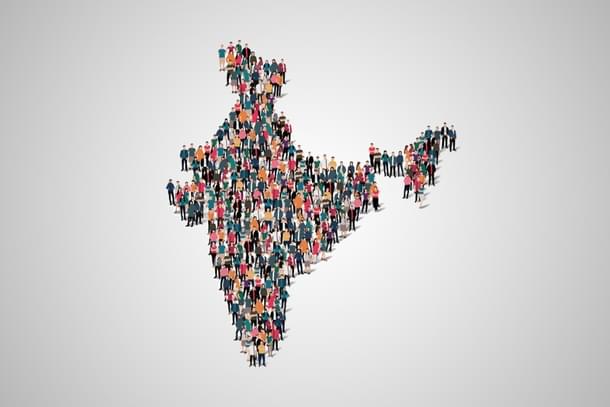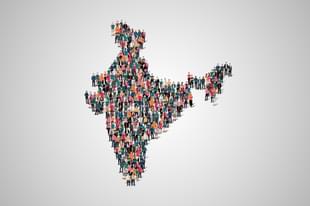Insta
Cabinet Approves National Population Register Updation Before 2021 Census, Clears Rs 8,500 Crore For Exercise
Swarajya Staff
Dec 24, 2019, 04:24 PM | Updated 04:24 PM IST
Save & read from anywhere!
Bookmark stories for easy access on any device or the Swarajya app.


The union cabinet on Tuesday (24 December) cleared funds to the tune of over Rs 8,500 crore, approving a proposal for the updation of National Population Register (NPR), PTI reported attributing sources.
The exercise of NPR, a list of “usual residents” of the country, will take place between April and September, 2020 in all the states and union territories, except Assam. It will be conducted along with the house-listing phase of Census 2021. The data was last updated during 2015 by conducting door-to-door survey, which has been digitised now.
A “usual resident” under the NPR is a person who has lived in an area for a minimum of six months, or someone who plans to live in an area for the next six months or more. One such resident mandatorily has to register oneself in the NPR.
According to an NDTV report, this time the NPR is going to be updated with the demographic as well as biometric details of the residents.
"The Union Cabinet has approved a proposal to update the NPR. No one needs to give any proof. Everyone who lives in India will be included," Union Minister Prakash Javadekar told reporters at the cabinet briefing, clarifying on the reported requirement of providing details of birth places of parents among other information.
As per the Census Commission, the aim of the NPR is to establish a comprehensive identity database of all “usual residents” in the country.
The exercise, which is connected to the Census, is presumed to be the preliminary step towards the nationwide implementation of the National Register of Citizens (NRC). However, conducting NPR exercise does not necessarily mean that there will sure be an NRC exercise, but as per sourced information in the NDTV report, it will pave way for the NRC practice.
NPR data was first collected in 2010 during the second term of the United Progressive Alliance (UPA) regime, along with the house-listing phase of Census 2011.





